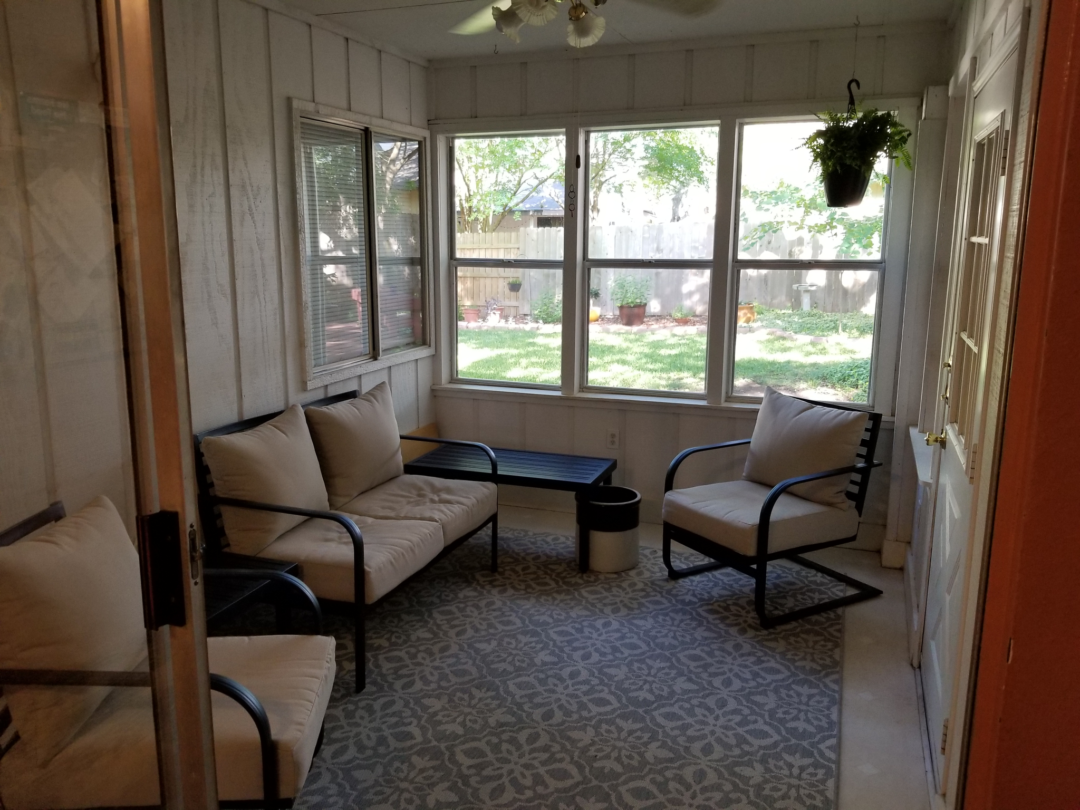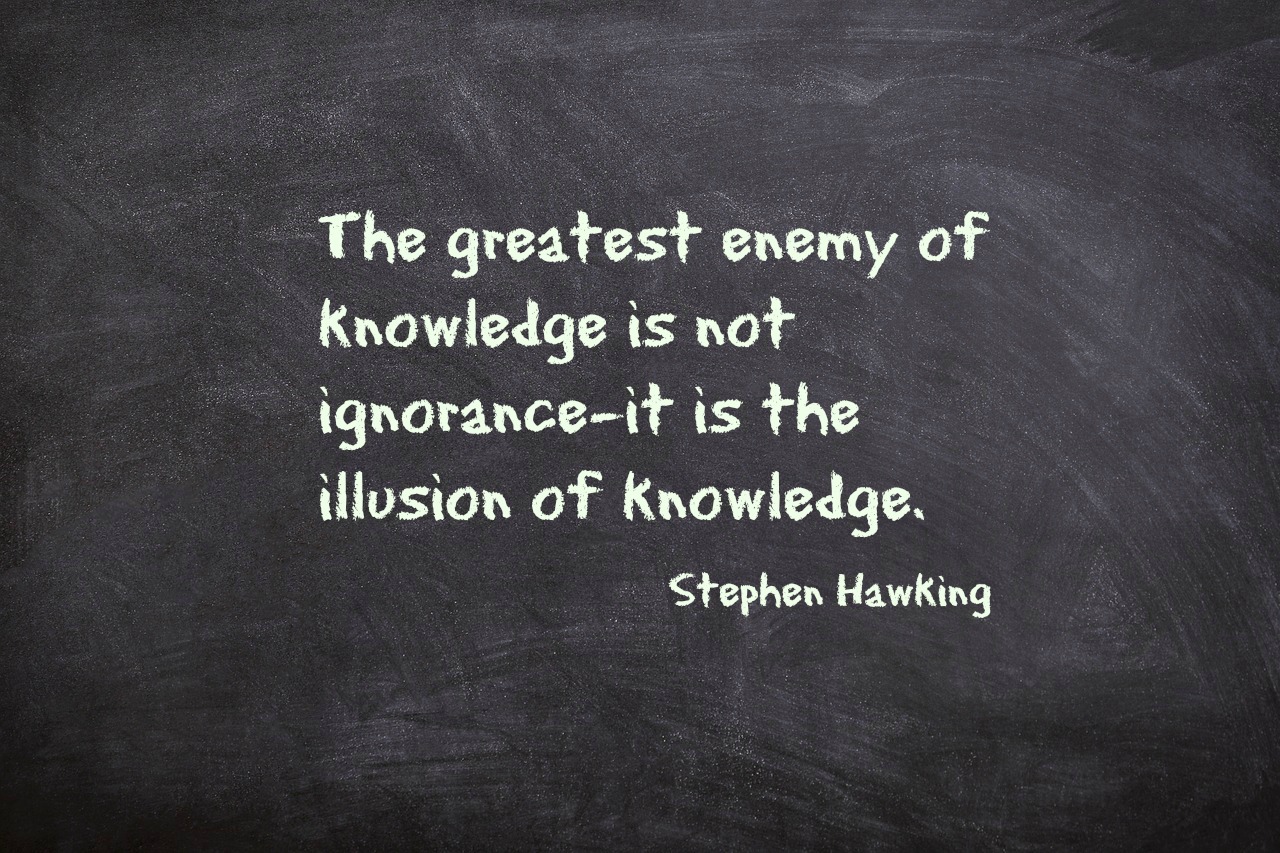I’ve been writing for about as long as I can remember. The first piece of writing for which I received praise was a poem titled “Leaves,” which I wrote in first grade. The opening stanza: “Leaves, leaves, leaves./ Leaves in the spring, leaves in the fall./ I like the fall ones best of all.” (Clearly, I was a prodigy.)
I got used to being told that I was a good writer. And I got excited anytime I was given a writing assignment, because I knew more praise was on the way.
And then, in my final year of high school, I had a teacher who took me seriously. His name was Mr. Evans. When I wrote a short story for his Creative Writing class, he gave me the kind of feedback I would later receive in college writing workshops: he pointed out places where my story contradicted itself, questioned my characters’ motivations. As I said, I was used to being told that I was a good writer. I wasn’t really looking for any other kind of feedback. But he taught me how to read my own work critically, rather than assuming everything I write is golden–and that’s a lesson I still employ today.
In fact, I’ve learned a lot of important life lessons from being a writer. For instance:
Praise is just an opinion, not a confirmation.
It’s tempting to believe someone when they compliment us, and it’s healthy to give yourself credit for good work. But it’s also important to remember that praise is no more valid than criticism: it’s just one evaluation. It’s not confirmation of your essential goodness as a human being. I enjoy praise when it comes my way, of course, but I try to keep it in perspective by remembering that there’s at least one person who would disagree.
Your initial attempts at anything are not likely to be very good.
Being a novice is part of the learning process. But if you let the fear of not being very good keep you from making an attempt at something new, you’re not going to do much of anything. Except, perhaps, the things you’ve been doing for a long time. (Things like walking, for instance.)
As a professor of creative writing, one of the things I encourage my students to do is take risks. That’s really hard for them. It’s scary to put yourself out there, knowing you might fail in public. But if we start from the assumption that we’re all going to fail at something, it’s a little less scary for everyone.
A tough skin is an essential part of your toolkit.
I’ve been engaged in workshops of my writing, in some form or other, since I was 18 years old. At first, it was painful to sit and listen to a group of people make various observations about my work–some of them not-so-complimentary. But over time, I learned how to listen without being wounded. And once I started listening, I realized that each reader was seeing my work differently. Things that made complete sense to me were mysteries to them. What I saw as logical leaps were unbridgeable chasms from another perspective.
No matter the topic, listening to others often presents me with a point of view I might not have considered. And considering new information is almost always beneficial, if only to clarify my original point of view.
Sometimes a negative reaction has nothing to do with you.
There have been times when I listened to comments on my work that I disagreed with–comments that were misguided, the product of inattention or, worst of all, intentionally hurtful. There are people in the world who will respond with negativity no matter what you do.
Sometimes those people just don’t get you, and they respond to that confusion with frustration or anger. Sometimes they offer a cliche response because they’re too lazy or arrogant to give you their full attention. And sometimes they’ve been hurt themselves–which often results in an attempt to pass that hurt along. In each of these cases, the negativity is not something you deserve. Acknowledging this is your best defense.
Find your reliable readers.
These are the people who get you. They understand what you’re trying to accomplish and they take the time to offer constructive suggestions for reaching that goal. They respond with a generous spirit, hoping you will do the same for them.
In life outside of the writing classroom, we call these people friends–though if you think about it, friends are really just outside readers of your life experience. They help you figure out what’s going on and suggest ways for moving forward, then offer encouragement whether you take their advice or not. That’s exactly what your reliable readers do, as well.





No Comments